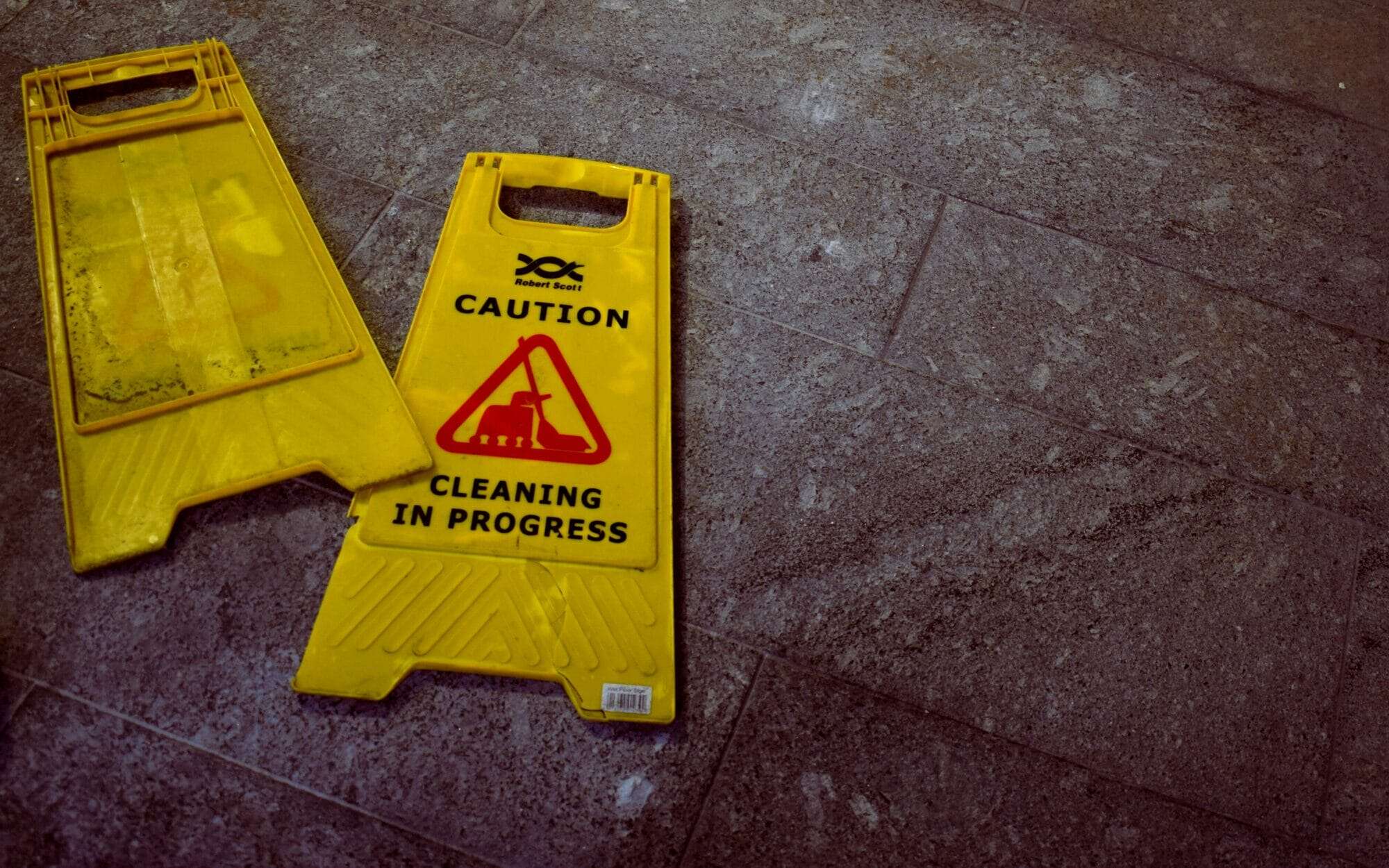If you have a Virginia workers’ compensation case, a Functional Capacity Evaluation may be required at some point in the process. An FCE is a series of tests that measure an injured worker’s physical abilities, to assist in determining the worker’s post-accident job abilities. How an FCE affects a claim varies, depending on the circumstances. If you’re asked to take an FCE, it’s advisable to talk with a workers’ compensation attorney to understand the role of the evaluation in your case.
What Is a Functional Capacity Evaluation / FCE?
The Virginia Workers’ Compensation Commission defines a Functional Capacity Evaluation as “a comprehensive series of performance-based tests that help objectively measure injured workers’ physical abilities. The tests gauge physical strength, range of motion, stamina and tolerance of functional activities.” By measuring the injured worker’s physical abilities, the tests may factor into the workers’ compensation benefits that the worker receives. An FCE can positively or negatively impact benefits in a workers’ compensation case.
An FCE is often required after an injured worker reaches maximum medical improvement, especially if an injury causes permanent disability. Initially the treating physician assigns their own work restrictions to the injured worker. But as time progresses and it does not appear the injured worker will make a full recovery from their injuries, an FCE is contemplated by the physician.
The request for an FCE usually originates with the injured worker’s physician. The insurance company, your employer, or your lawyer also may ask for an FCE in some circumstances. Generally, if you’re asked to take an FCE, you cannot decline the request. The request is part of vocational rehabilitation services under workers’ comp. You should talk with your workers’ compensation attorney when you receive a request, regardless of who makes it. Refusing an FCE may result in suspension of your benefits.
What’s Involved in the Evaluation?
An FCE takes place at a medical facility. The examiner is a licensed health care provider trained to administer the evaluation. The FCE is a series of tests that may last only for a few hours, a full day, or as long as two days, depending on the circumstances of your injury and previous work.
Each test is tailored to your injury and job duties. Generally, the tests enable the examiner to evaluate attributes such as physical strength, stamina, ability to lift and carry objects, flexibility and range of motion, and ability to walk, sit, and stand, as well as other abilities required for your work. Tests relate primarily to physical abilities, not to mental health, hearing impairment, or vision.
While administering the tests, the examiner observes your movements, making note of any signs of pain or fatigue. The notes become part of the examiner’s report. If you get tired during a test, or feel that you cannot continue, you should tell the examiner exactly what you feel. The examiner will also conduct tests throughout the FCE process to assess any exaggeration of symptoms or under performance during the testing.
After completion of the evaluation, the examiner and your doctor usually give a rating of the percentage of loss caused by your injury. That percentage may affect your entitlement to benefits.
How Does the FCE Affect Your Workers’ Compensation Case?
Your treating doctor receives the FCE report and may make changes to your diagnosis, treatment, or work restrictions based on the test results. However, your doctor is not bound by the results of the tests in determining whether to release you to return to work.
The test results also may provide information for your employer to use in accommodating your work restrictions or determining the kind of work you are able to do. Depending on whether the employer can accommodate the restrictions, the examination may affect your workers’ compensation benefits.
An FCE may also make it possible to predict future medical costs associated with your work injury. Based on how the examination results affect your treatment, return to work, and medical costs, an FCE may enable your lawyer to make use of the results in negotiating a settlement of your claim.
Finally, if your FCE establishes permanent restrictions that prevent you from returning to your previous job, you may be able to receive both Social Security Disability Insurance (SSDI) benefits and workers’ comp benefits at the same time.
How Your Workers’ Comp Lawyer Helps
If you’re asked to participate in a Functional Capacity Evaluation, your lawyer can explain what to expect, how to prepare, and what to do during the examination. Since the FCE may be an important part of your case, it’s important to learn about the FCE before you go. If you don’t have a workers’ compensation attorney for your claim, facing an FCE is a good reason to talk with one.
Schedule a Free Consultation with Our Virginia Workers’ Compensation Attorneys
If you receive an injury on the job, it’s important to ensure that you receive the maximum benefits you are entitled to under the workers’ compensation law. To accomplish that goal, you can count on our experienced workers’ compensation attorneys to make certain your claim complies with all applicable legal requirements, including those relating to a Functional Capacity Evaluation. Our Richmond injury lawyers at Renfro & Renfro are here to help with your claim and work with you closely throughout the entire process. We welcome you to contact us for a free consultation.






